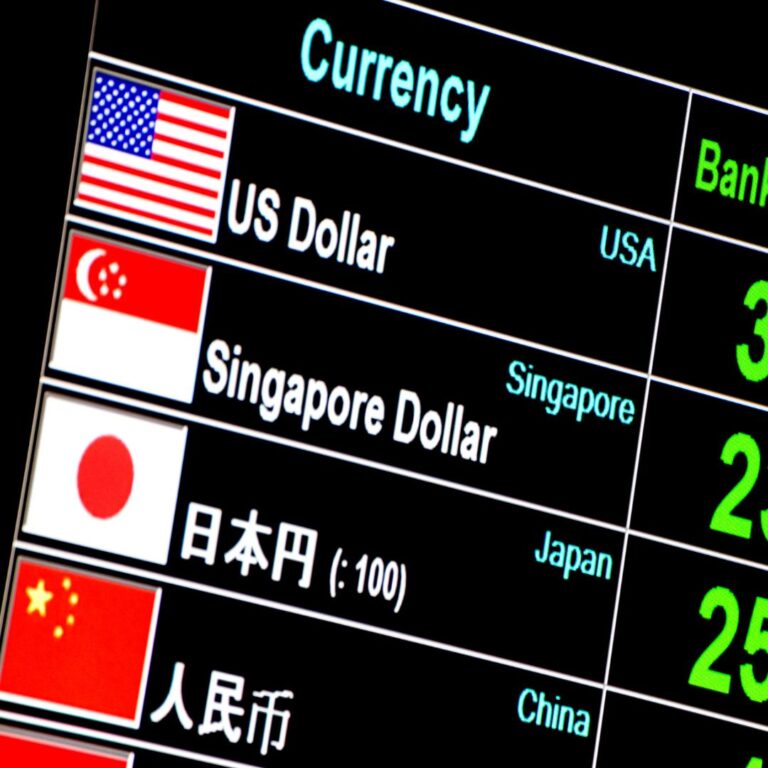Theme: Muamalah Virtues
Narrated by Abu Hurairah (may Allah be pleased with him), that The Prophet (ﷺ) said, “There was a merchant who used to lend the people, and whenever his debtor was in straitened circumstances, he would say to his employees, ‘Forgive him so that Allah may forgive us.’ So, Allah forgave him.”
(Source: Sahih Bukhari, hadith No. 2078)
Islam is a religion that advocates benevolence and being helpful to those in need. The Syariah highly promotes the culture of helping others with sheer sincerity and lifting the burden of another. The Prophet (ﷺ) once said: “Whoever relieves a Muslim believer from one of the hardships of this worldly life, Allah will relieve him of one of the hardships of the Day of Resurrection. Such a virtue transcends beyond attaining huge rewards. It promotes the purification of the soul and the spreading of love and peace amongst the community while seeking the pleasures of Allah SWT.
The hadith above recalls the story of a merchant who does not have any good deeds in their lifetime, except for believing in Allah and pardon others for their debts in times of adversity. Despite only having one act of goodness, all the merchant’s sins were forgiven with Allah’s mercy. This shows that a small amount of good deeds, when done sincerely for Allah’s pleasure, will go a long way in wiping off our sins.
Business through the Islamic lens is more than just profits and losses. Humanity and kindness should be manifested and encouraged, especially when collaborators, debtors or clients are stuck in difficult economic situations. Such acts and virtues would not only spur a healthy economic system built on trust and ihsan, but also attain rewards as promised by Allah SWT.
Theme: Muamalah Virtues
It was narrated that Qaiz bin Abu Gharazah (may Allah be pleased with him) said: “At the time of the Messenger of Allah (ﷺ) we used to be called Samasir (brokers). The Messenger of Allah (ﷺ) came to us when we were selling and called us by a name that was better than that. He (ﷺ) said: ‘O merchants (Tujjar), this selling involves lies and (false) oaths, so mix some charity with it.'”
(Source: Sunan Abu Daud , hadith No. 3326 | Sunan Tirmidzi , hadith No. 1208 | Sunan Nasa’i, hadith No. 3800 | Sunan Ibnu Majah, hadith No. 2145)
In any form of transaction, one should always strive for barakah (blessings). The existence of barakah in a business is significant. It will amount to the true success of the company, corporation or start up. Although intangible and subtle, barakah is an essential element of any form of an act in Islam, and every Muslim business owner should prioritise it in all of their transactions.
As mentioned in the hadith, the Prophet (ﷺ) provides us with advice and a solution to attain blessings when conducting transactions or business. This solution is the simple act of sadaqah (charity). The deeds of sadaqah will erase any form of sinful elements that may occur in business, especially the sins of false oaths to gain preferable dealings. The Prophet (ﷺ) once said: “Beware of excessive swearing in sale transactions, for it sells (the goods) and erases (the blessing).”
Sadaqah is a commendable virtue in Islam that brings limitless bounties and various significant blessings to the one who performs it sincerely. On that note, we should always strive to engage in sadaqah to ensure that our business and financial dealings are always blessed by Allah SWT.








